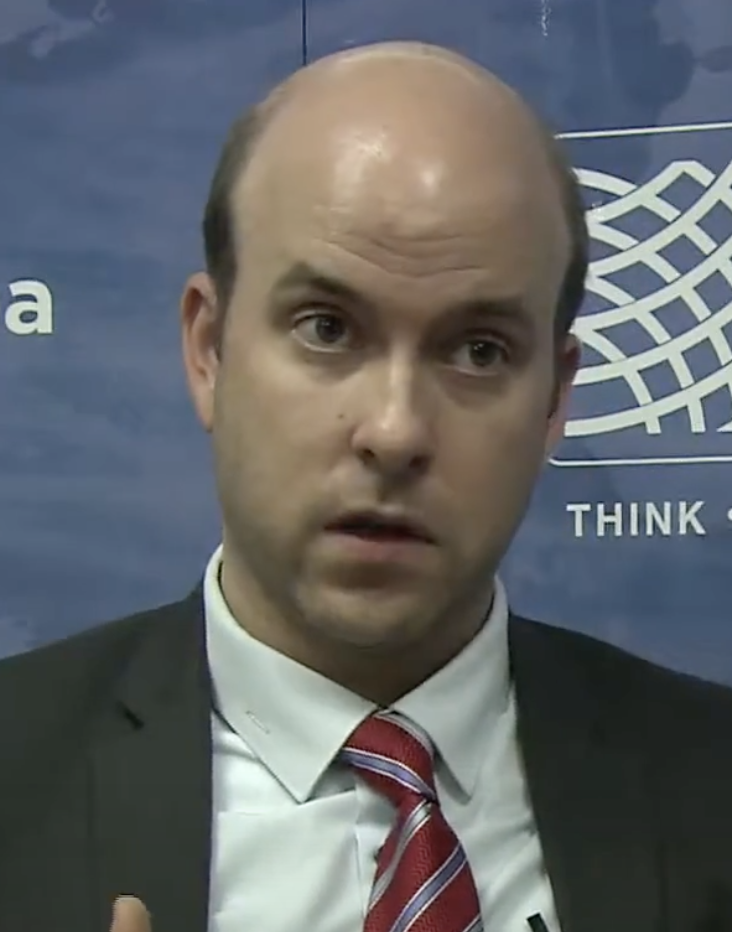Speakers

John Seaman
Expert en géopolitique de l’énergie et des ressources naturelles en Asie
John Seaman a rejoint l’Ifri en 2009. Expert en géopolitique de l’énergie et des ressources naturelles en Asie, il est spécialiste des politiques chinoises et japonaises. Ses recherches couvrent aussi la politique étrangère chinoise, la stratégie et politique américaine en Asie orientale, les perceptions européennes de l’Asie, les relations internationales et la géostratégie en Asie orientale et l’économie politique de métaux stratégiques (en particulier les terres rares).
M. Seaman est titulaire d’un Master en Affaires internationales de Sciences Po, Paris et d’une licence en économie internationale de l’Université de Seattle, aux Etats-Unis. Il a aussi suivi des études au Beijing Center for China Studies en Chine, financé par la bourse David L. Boren (National Security Educ ...







